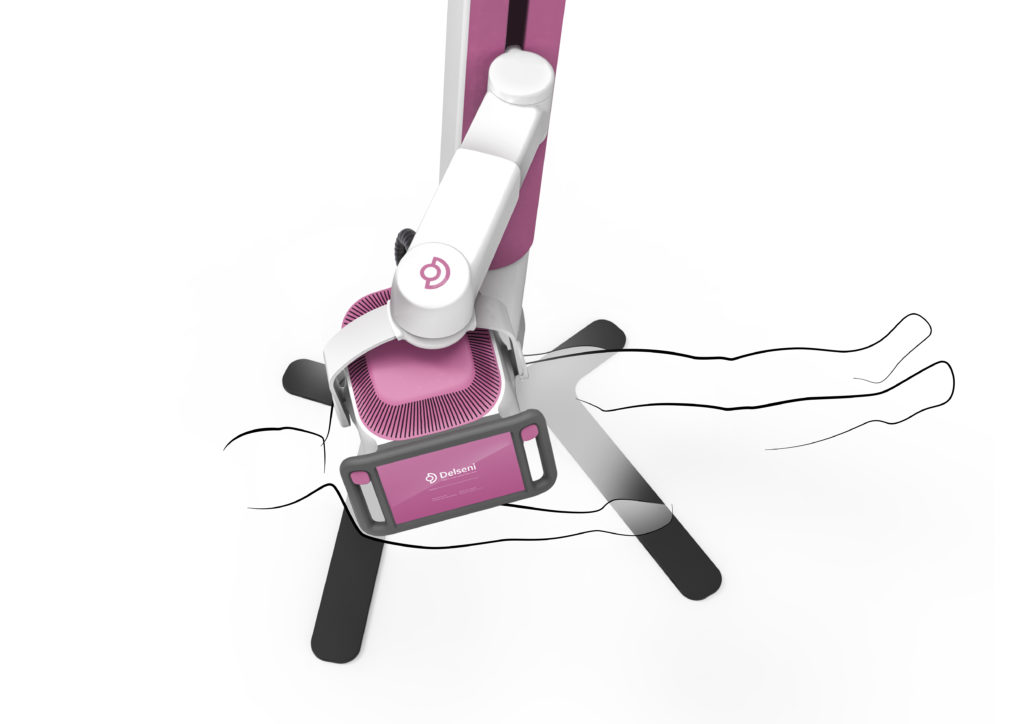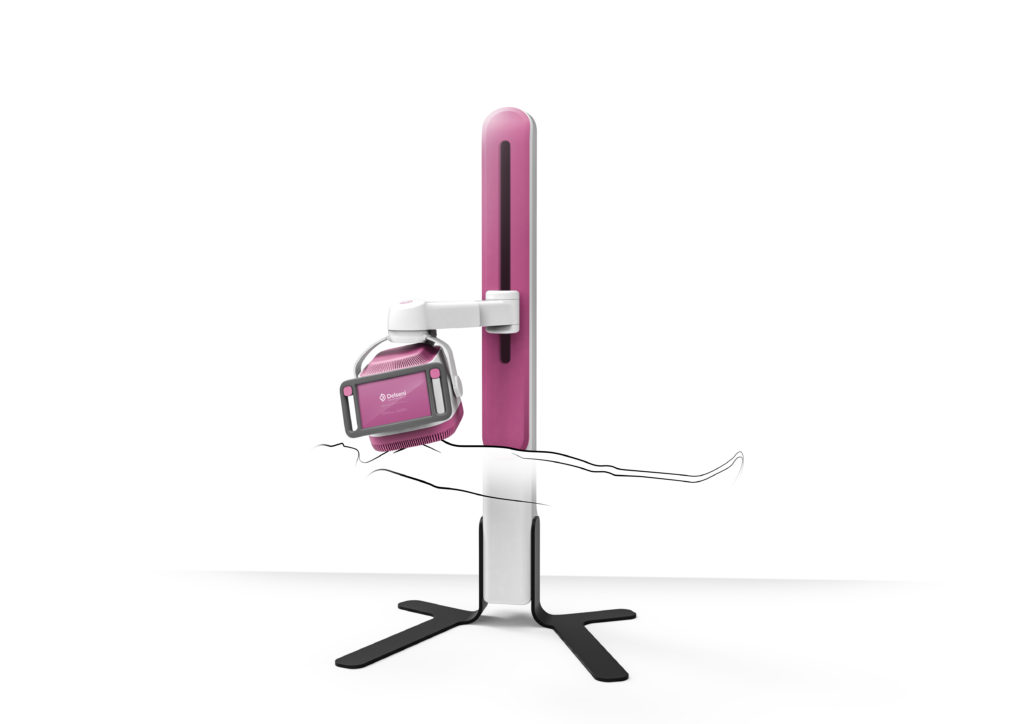-
 Delseni BV develops a new
Delseni BV develops a new
method for breast screening
for abnormalities, called “Delseni"


One in eight women worldwide will be diagnosed with breast cancer in the course of their life. In 1990, the Netherlands introduced the ‘national breast cancer examination’ (bevolkingsonderzoek borstkanker) that invites all women aged between 50 and 75 to be screened for breast cancer every two years by means of a mammography. However, this approach has two drawbacks. Firstly, women under 50 tend to have very high tissue density in the breast area, which can distort the results of a mammography. Secondly, alongside potential pain during the examination, the harmful X-rays may have an adverse effect on patients’ health.
In response to this problem, Delseni BV has developed ‘Delseni’. Measuring vascularity (blood-vessel formation) in the breast, this screening method is also suitable for women from the age of 25 and aims to detect breast abnormalities at an early stage. Currently extensive clinical trials running to deliver the required clinical evidence.
